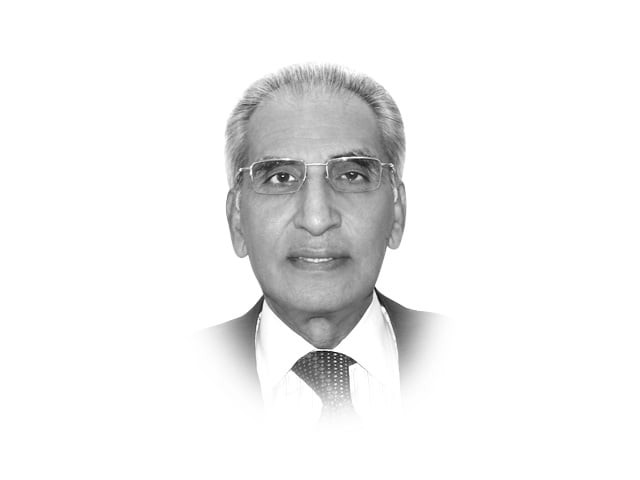Afghan endgame uncertainties
There is merit in Pakistan’s urgings that withdrawal of troops to be in sync with developments on political front.

If so, there is little evidence of this. Conscious of the need not to draw the electorate’s attention to the “good war turned bad”, President Barack Obama made only a passing reference to Afghanistan in his nomination speech, mentioning that “in 2014, our longest war will be over”. Mitt Romney ignored this issue.
Senior US Administration officials, however, insist that they remain committed to pursuing “peace and reconciliation”, irrespective of campaign pressures. The reality, however, is that exploratory talks between the US and the Taliban, suspended earlier this year, have not yet resumed. Moreover, the designation of the Haqqani network as a terrorist group is unlikely to help, as is evident from the Taliban’s description of this action as “inhuman and criminal” by a “deceitful America”.
Another element of uncertainty is President Karzai’s future. While he is barred by the Constitution from seeking a third term, he wants to have a say in who succeeds him. Recent sharp increase in ‘green-on-blue’ attacks has added a note of urgency and uncertainty, especially with regard to the army’s unity, coherence and discipline. While Defence Secretary Leon Panetta dismissed it as the “last gasp” of the Taliban; analysts compared it with former vice-president Dick Cheney’s claim in 2005 that the Iraqi insurgency was “in its last throes”. In fact, General Martin Dempsey called the attacks “a very serious threat to the campaign”, which would mean that the Taliban have achieved a major advantage by creating mistrust between the US-Nato and Afghan forces. This may explain why the US is unable to flesh the bare bones of its 2014 roadmap.
President Karzai’s latest outbursts against both Pakistan and the US have not amused either country. With regard to Pakistan, he came up with strange “conditions” that he feels Pakistan has to comply with if it wants to conclude a “strategic pact”. These conditions are so loosely defined and impractical that they could, at best, be viewed as pious wishes rather than achievable objectives. The US, on the other hand, was accused of playing a “double game” by fighting against Afghan militants rather than their backers in Pakistan.
Last weekend’s New York Times was right to point out that the US Administration had failed to make headway in talks with the Taliban because it “has not been persistent enough in figuring out how to initiate talks with a resilient, brutal insurgency”. It called on the US not to “give up completely on a negotiated solution” nor wait till 2014 “for the beginning of serious negotiations”. On the other hand, US sources confided to select journalists that the Taliban had proven far more “resilient” than had been anticipated, forcing the US to lower its earlier objectives and instead encourage the Afghans to work out a deal among themselves and also agree to a role for Pakistan in an eventual settlement — a startling change from its earlier ambition to dictate the peace terms to the Taliban.
All this can only mean that the agony of the Afghans is unlikely to end in the near future. A well-known expert on Afghanistan, Gilles Dorronsoro of the Carnegie Endowment, wrote recently that the Kabul regime “will most probably collapse in a few years”. He fears that “political fragmentation, whether in the form of militias or the establishment of sanctuaries in the north, is laying the ground for a long civil war”.
There is, therefore, merit in Pakistan’s urgings that the withdrawal plan of foreign troops needs to be in sync with developments on the political front, which is likely to become more complicated as the perception of America’s growing disinterest in that country gets reinforced. Pakistan’s interest in Afghanistan’s peace and security is not academic, but inherently linked to its own.
Published in The Express Tribune, October 10th, 2012.















COMMENTS
Comments are moderated and generally will be posted if they are on-topic and not abusive.
For more information, please see our Comments FAQ